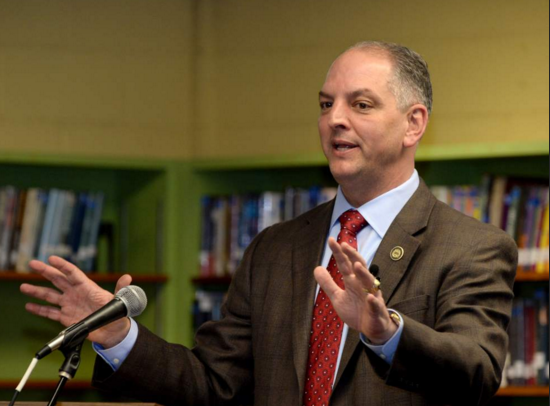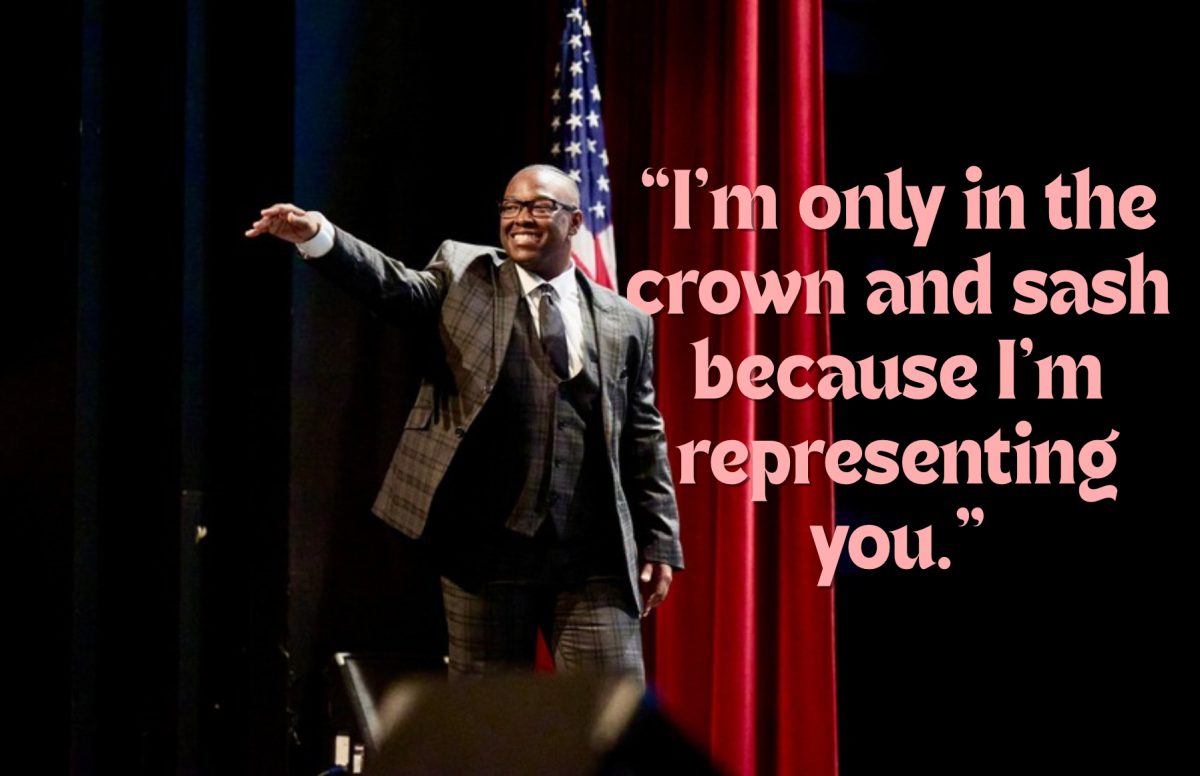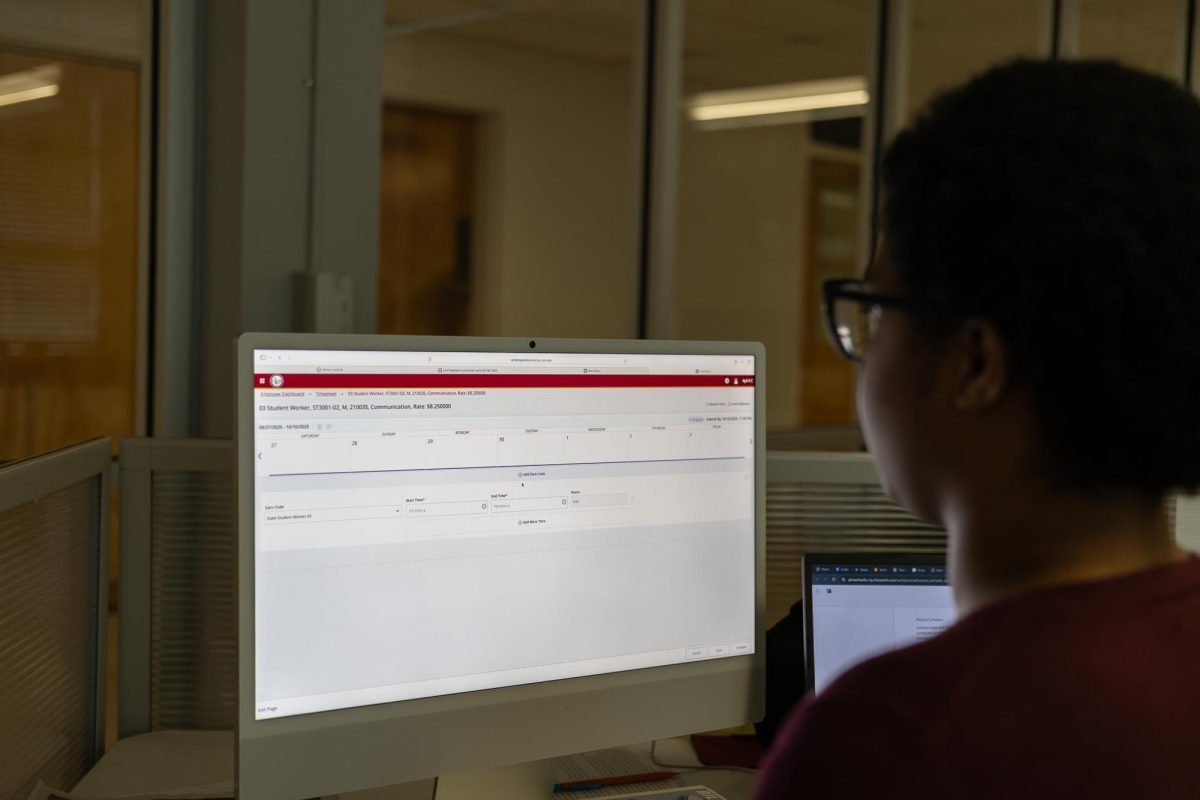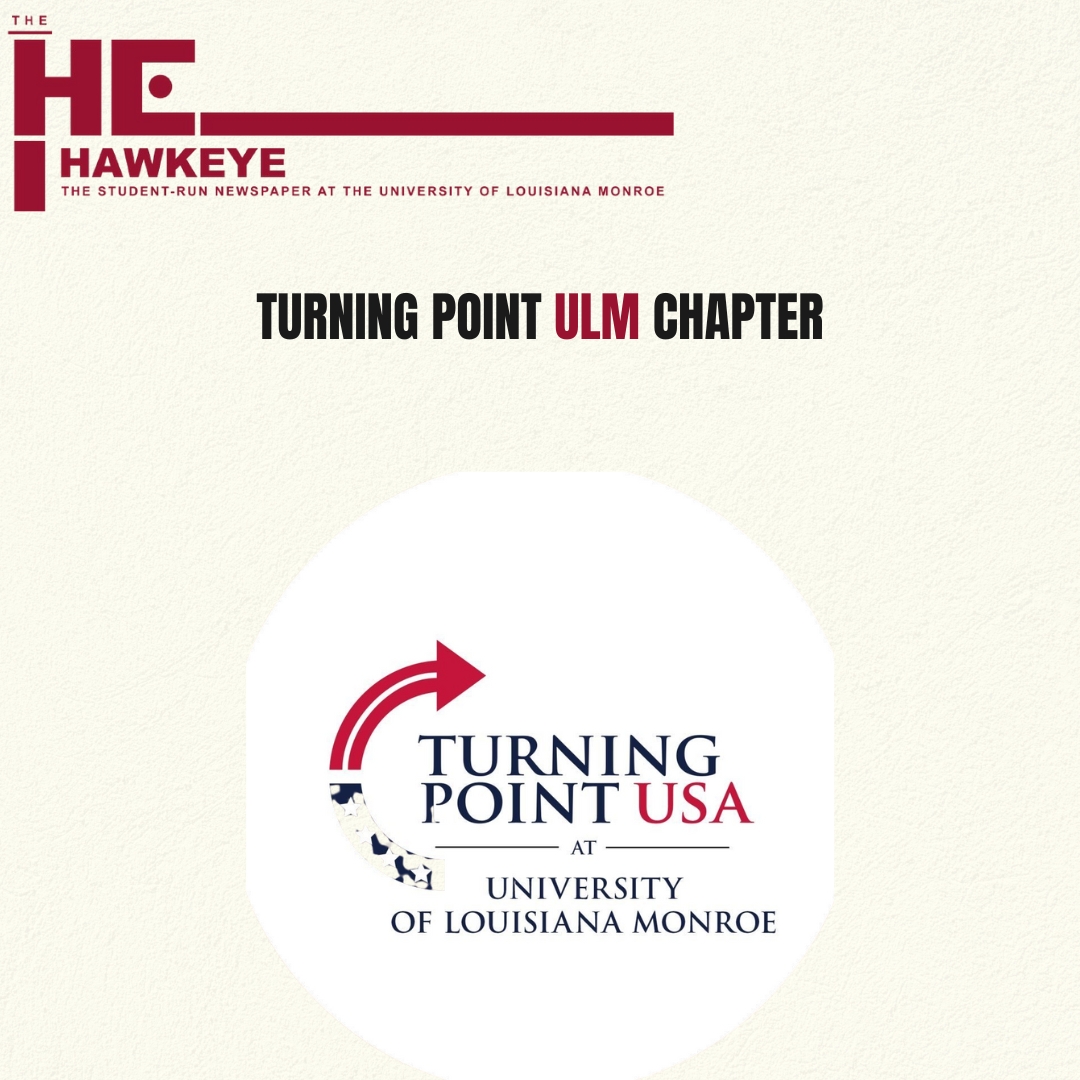Potential budget cuts and the recent TOPS reductions are sparking worry and controversy among Louisiana higher education. Louisiana is the top state in the nation for cutting higher education funding.
What’s going on in Louisiana?
Potential budget cuts and the recent TOPS reductions are sparking worry and controversy among Louisiana higher education. Here’s the situation:
In 2007, while former Gov. Kathleen Blanco was in office, Louisiana reached the Southern regional average for supporting universities for the first time. At this point, state taxpayers provided 60% of funding for the state’s public universities.
In 2008, when former Gov. Bobby Jindal took office, the national recession began, forcing all states to cut money from higher education. Since 2008, Louisiana has cut more higher education funding than any other state, slashing state aid to public universities by 55%.
As a result, Louisiana has heftily lifted tuition and mandatory attendance fees. In the past five years, they’ve lifted these charges faster than any other state and far above the national average. Now, less students are seeking bachelor’s degrees.
Between 2009 and 2014, Louisiana was one of only six states to see a decrease in enrollment. In 2014, the state ranked 48th for educational attainment, with only 28.4% of adults with either an associates or bachelor’s degree. Four-year schools aren’t all that have suffered either, two-year schools now get about about half as much state aid as they did in 2008.
Overall, the state has seen a 13% cut to higher education funding since 2008, totaling a $40 million cut to all 14 public universities combined.
The Taylor Opportunity Program for Students (TOPS) is a set of scholarships awarded by Louisiana to its residents who attend Louisiana universities, community colleges, technical colleges, some approved proprietary and cosmetology schools and some private schools such Tulane.
This year, TOPS is over budget by $28.3 million.
Why have costs risen so much?
During Jindal’s 8-year term from 2008 to 2016, schools saw tougher admissions standards. In 2010, State Legislature passed the GRAD Act with Jindal’s approval, granting schools more authority over their tuition rates and making other changes.
Since Jindal took office, the graduation rate has increased to almost 50%, however Louisiana still has the fifth-lowest rate in the nation.
However, as universities have lost state aid, they’ve looked to tuition increases and higher enrollment. This has led to a lax in admissions standards and has posed a threat to already-low graduation rates.
This rising tuition has caused a negative cycle for state aid to higher education. TOPS covers tuition for students that qualify. Every time tuition is raised, the state must pay more TOPS scholarships separate from the financial aid that they already give schools, exacerbating the situation.
Last year, the TOPS fund was short $12 million dollars, according to political science professor Joshua Stockley.
Right now, Louisiana tuition rates are at the regional average. However, the state itself is generally poor, ranking seventh for poorest state in a ranking by Yahoo Finance. Many students rely on TOPS to get through school without taking out loans. However, TOPS is an unusual program. Most other states don’t offer anything like it.
“We are one of the most generous states when it comes to the financial promises we make to college students,” Stockley said.
Stockley, who believes that Louisiana deserves compliments for creating such a program, says that TOPS was created to try to alleviate poverty in the state by giving low and middle income students a chance to get a degree at a reduced rate.
Although the TOPS program has a strong hand in keeping residents in-state for college, it cannot keep students in-state after they graduate.
Lack of opportunity after graduation in Louisiana leads to many students leaving instead of staying in-state.
For these graduates, the money that the state invested into them with TOPS lacks return. These all too often wasted efforts have not helped the Louisiana economy.
There is a lack of big company in Louisiana that can only be explained with one fact: companies move where jobs are. In Louisiana, 17,000 graduates are needed to fill the current job gap. We aren’t graduating enough people to supply bring any big companies here, and that’s not even considering the infrastructure challenges that would come with setting up shop in this state.
The Budget
Here’s the bottom line: The state has to close a $943 million budget deficit by June 30, the end of this year’s fiscal cycle. Louisiana is facing a $2 billion deficit in the next fiscal cycle too.
This past Sunday, Feb. 14, the Legislature began a three-week special session to try to fix the problem. If Gov. John Bel Edwards and the State Legislature can’t agree on a solution, the state could see cuts as horrible as shutting down both hospice services and college campuses.
The state’s budget crisis is complicated. Many factors went into getting Louisiana to where it is today.
During Gov. Kathleen Blanco’s term in office and after hurricane’s Katrina and Rita, the state was in an economic boom.
Because the state had such high revenues at the time, employee pay and other spending was raised under Blanco. Tax cuts were also implemented under her reign.
When Gov. Bobby Jindal came into office, he vowed not to raise taxes and pushed Blanco’s tax cuts even further. He and the legislature also finished ridding the state of the Stelly Plan, an initiative that Blanco started.
The Stelly Plan was a tax program that raised income taxes on most moderate and wealthy people and cut taxes on food and utilities that disproportionally affected the state’s poor. According to SOMETHING Albrecht, one of Louisiana’s top economists, if the Stelly plan were still in place, the state would have $800 million more in tax revenues each year.
However, many say that repealing Stelly was the right thing to do for the middle-class and that it helped attract businesses.
In fiscal year 2008, revenues in Louisiana were at $10.1 billion. In 2010, they dropped to a low of $7.2 billion.
Right now, income and sales tax collections are low in Louisiana, mainly due to high unemployment. These two sources of income are about half of Louisiana’s tax revenue every year. The sales tax, which accounts for 30 % of Louisiana’s budget, hasn’t been raised in five years.
On top of the lack of revenue from income and sales taxes, Louisiana’s gas tax collections are expected to be $5 million less than expected in November. The world’s oil and natural gas markets have been suffering since 2014, which has helped cripple the Louisiana economy.
Since November, Louisiana has lost more than $90 million in state revenue from oil and other energy extraction taxes.
Louisiana’s budget also suffers in its relationship with corporations. This year, it looks like the state will be giving more away than it will be collecting in taxes from these corporations.
Another problem with the Louisiana budget is that much money can only legally be used for specific purposes. Many funds are caught in statutory dedications and can only be used for certain programs or functions, making it hard to move money around.
$4.1 million Proposed cut to ULM if no agreement is met in the Special Session.
Higher education and healthcare are subject to budget cuts because they are not legally protected from them, unlike primary and secondary education which have funds in statutory dedications.
The only thing that can be immediately cut from our budget must come from the discretionary portion of our State General Fund. Out of the state’s $28 billion budget, only $3 billion can be used for discretionary spending. Of this $3 billion, $700 million goes to higher education.
Although the worst case scenario for this budget crisis involves a $131 million cut to higher education and a proposed $4.1 million cut to ULM, Stockley said that cuts alone cannot fix the problem.
“We have mismanaged our revenues far more than our expenditures. As we’ve had crisis after crisis, we have tended to air on the side of cutting and cutting without equal examination. But maybe spending is not the problem,” Stockley said.
According to Stockley, solutions include raising taxes, eliminating tax expenditures, exemptions and loopholes and adjusting our statutes dedication. Stockley said that Louisiana needs to amend its constitution to give itself more fiscal budgetary flexibility.
Why did Edwards do what he did?
Last Thursday, Louisiana’s student financial aid office notified the state’s colleges and universities that it had halted TOPS payments because of the uncertainty surrounding the state’s budget crisis.
Thursday night, Gov. John Bel Edwards said that TOPS recipients will not have to cover the cost of their scholarships. TOPS payments resumed Friday at 80% of the original payments, with universities and colleges filling in the 20 percent gap.
However, Edwards stated that for the fiscal year starting July 1, TOPS could be limited because of a lack of funds.
“Next year, as it stands, TOPS is only funded 25 percent, unless the legislature acts to change that. This means fewer TOPS scholarships will be awarded next year. That is why it is so important for the legislature to work with me to balance this budget and prevent future cuts to the TOPS Scholarship Program,” Edwards said
Worse-case scenario
Although Gov. Edwards has presented a plan that that will mostly alleviate the budget problem and avoid most cuts to higher education, it may not be approved by Louisiana Legislature.
Whatever the outcome of the special session, Louisiana’s colleges and universities will have to face $70 million in budget cuts.
In the worse-case scenario, the cuts could stop schools in their tracks. College campuses may close early, leaving students unable to finish the school year.
In his televised address Thursday, Edwards presented tough scenarios that made TOPS reductions look relatively mild. According to Edwards, students may get grades of incomplete for this semester, meaning that students wouldn’t be able to graduate. He also said that student athletes may be ineligible to play next semester if schools do have to shut down.
Conservative leaders have accused Edwards of using “scare tactics” to upset students and their parents so that he can raise taxes with less questions ask.
However, it has been largely agreed upon that the looming budget cuts and their consequences are real. This is something that students have feared for years as the Louisiana higher education budget has been continuously cut.
Whittney Pllunkett, a senior political science major, says that she has watched budget cuts cripple Louisiana higher education, and now more than ever she is urging others to become involved.
“Students should be concerned and educated about these budget cuts because, without being informed on the current financial situation of the state, they could lose the chance to pursue their chosen programs in this state.” Plunkett said.
President Nick Bruno sent out an email to students Friday night urging them to contact legislature all over the state.
“Do not miss the opportunity to have your voice heard. Call or write, have your family members and friends call or write and provide the message to stop the cuts to higher education,” Bruno said.









